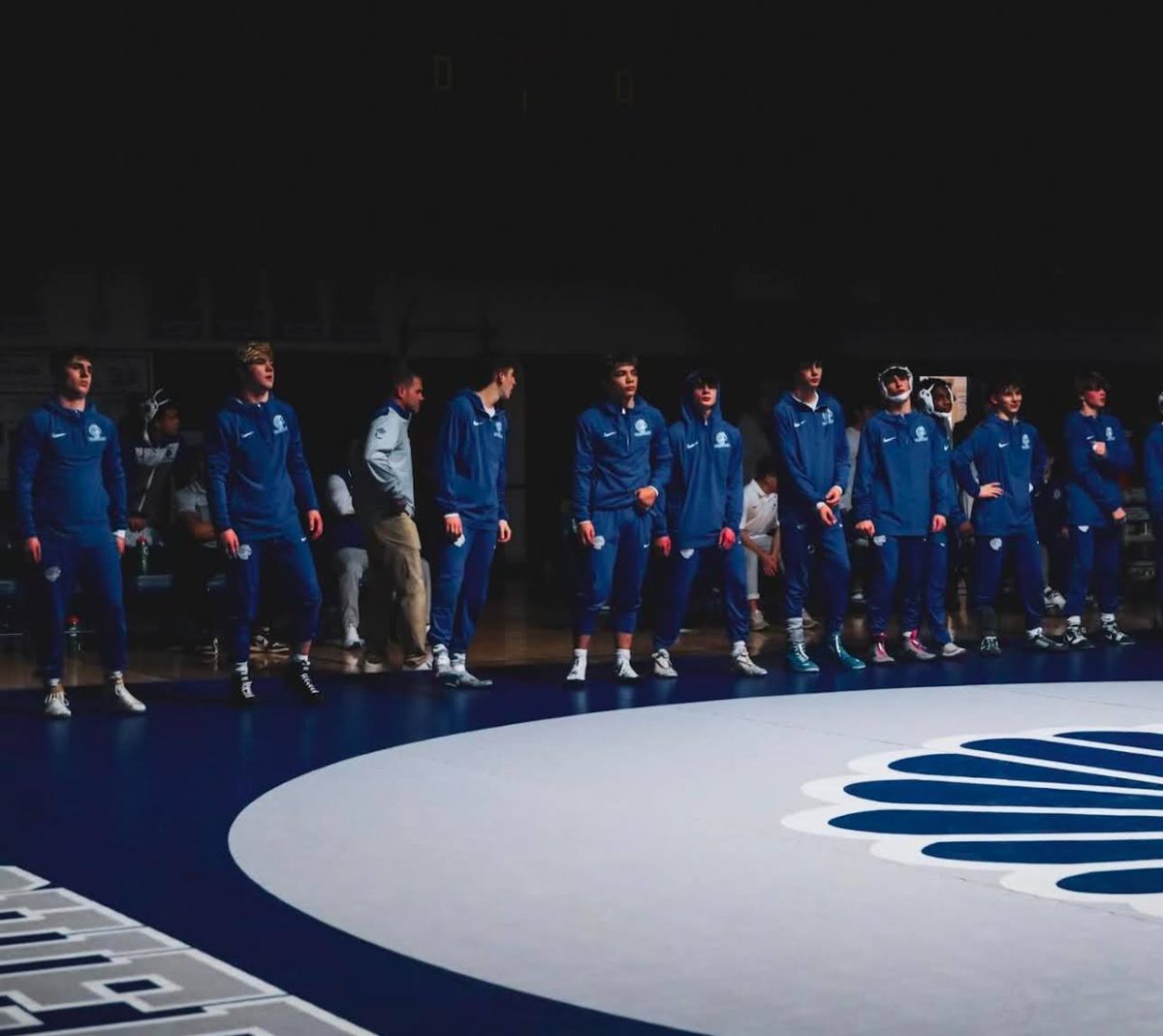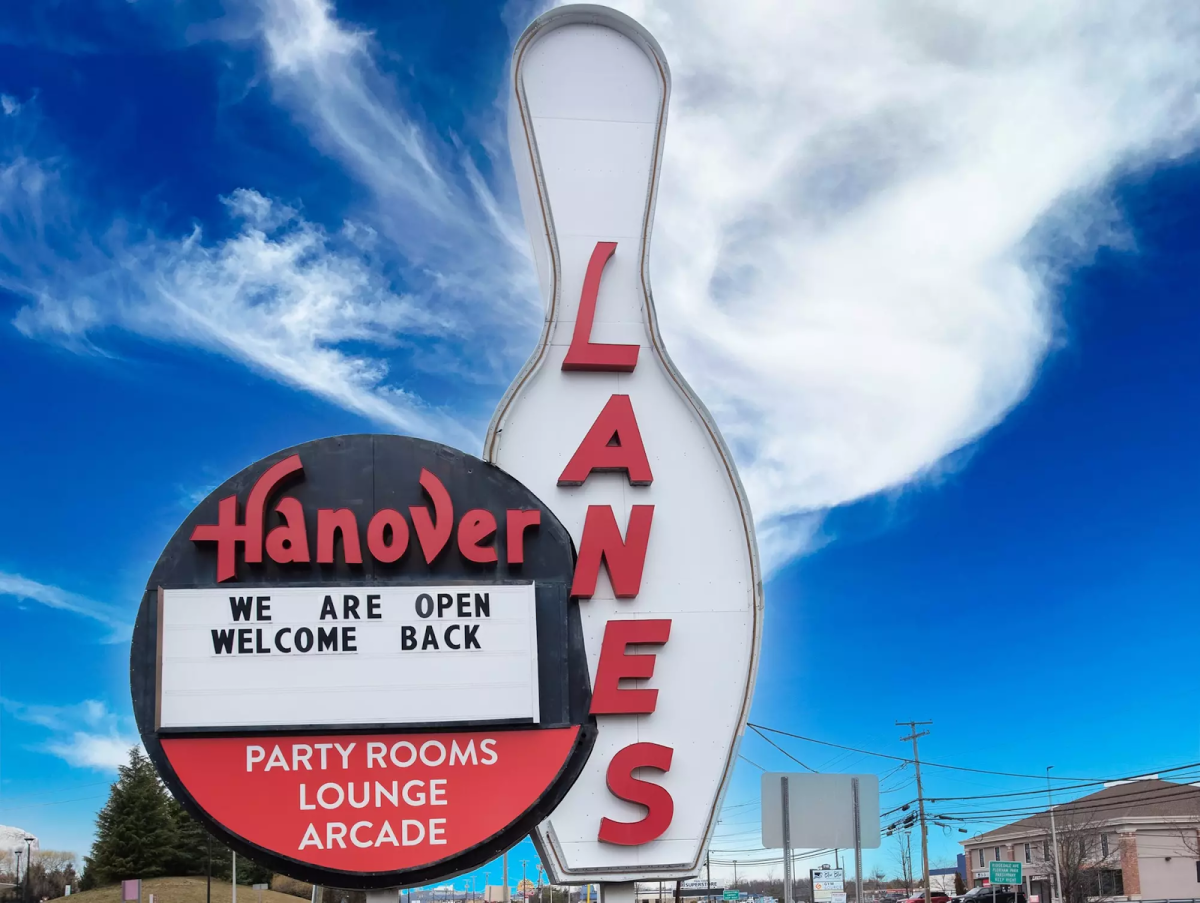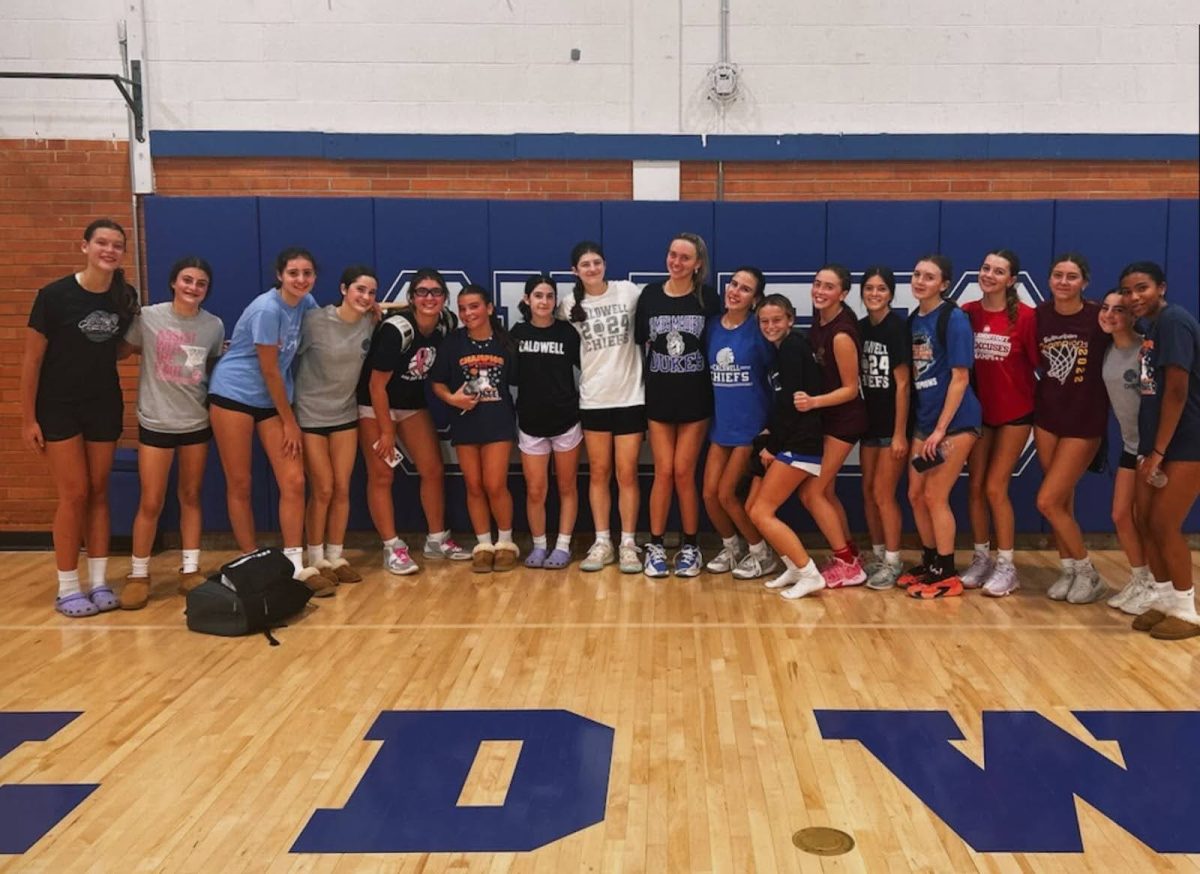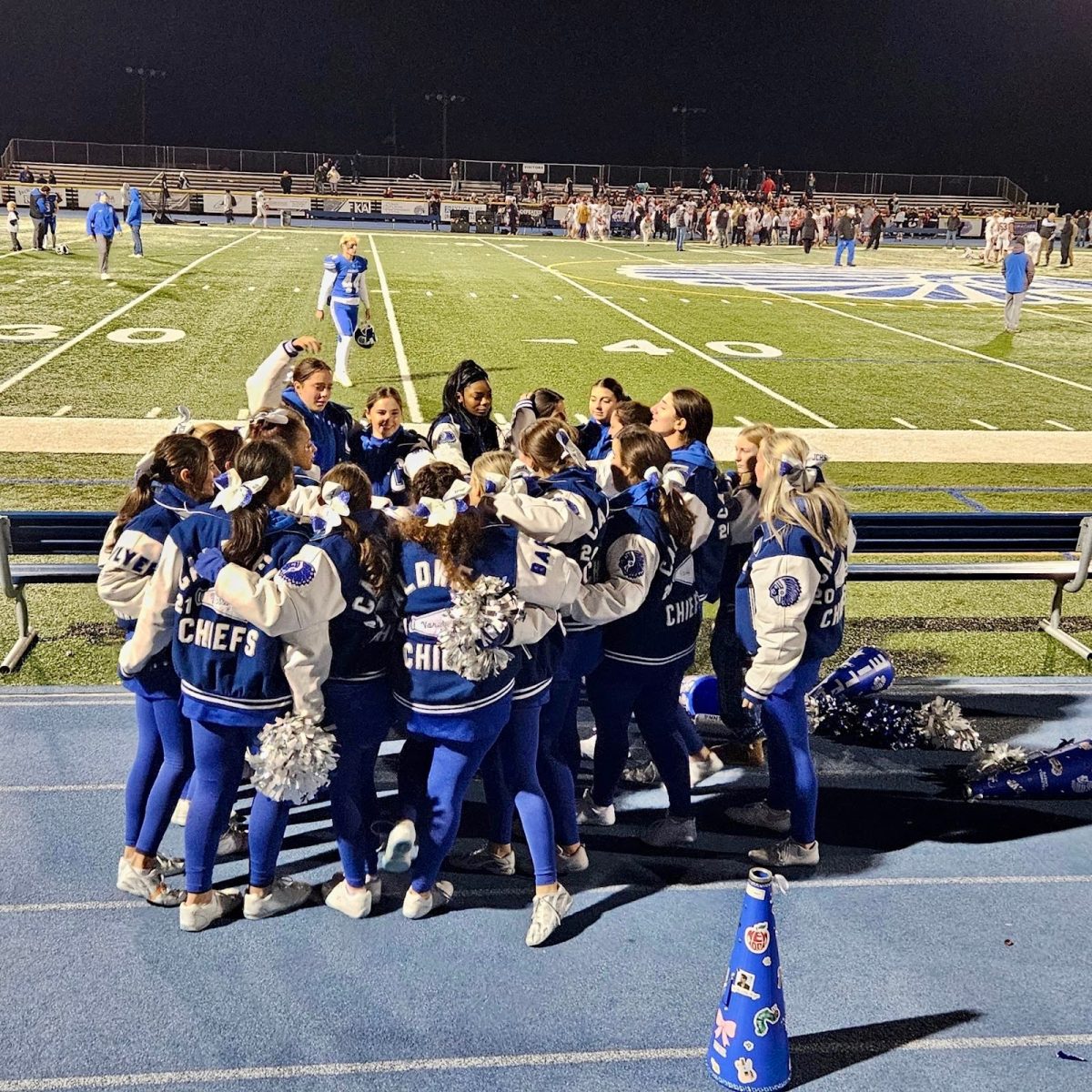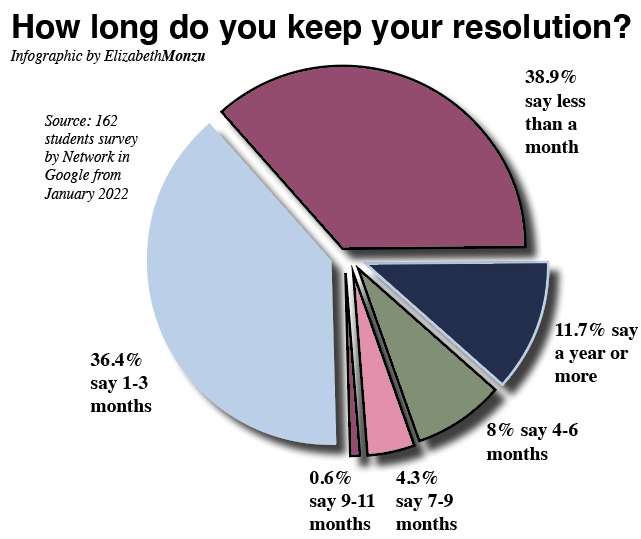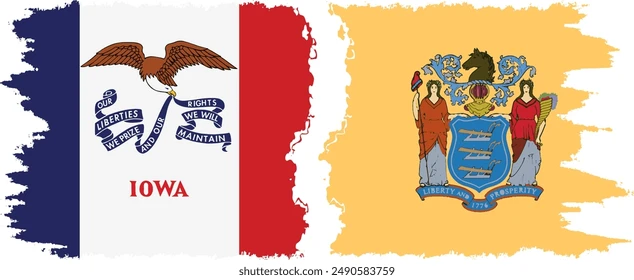“You look so exotic!”
“Where are you from?”
“What are you?”
Mixed people, including myself, hear these phrases so often that it’s practically the norm. I belong to the growing demographic of mixed people, or what Hollywood likes to call “ethnically ambiguous.” In other words, when you look at me, you won’t be able to guess my ethnic background. In said scenario, you will likely ask one of two questions: “What are you?” or “What is your ethnicity?”
Obviously, a sensible person will default to “what are you?” There’s nothing more flattering than being reduced to a set of physical features and addressed as if you are a
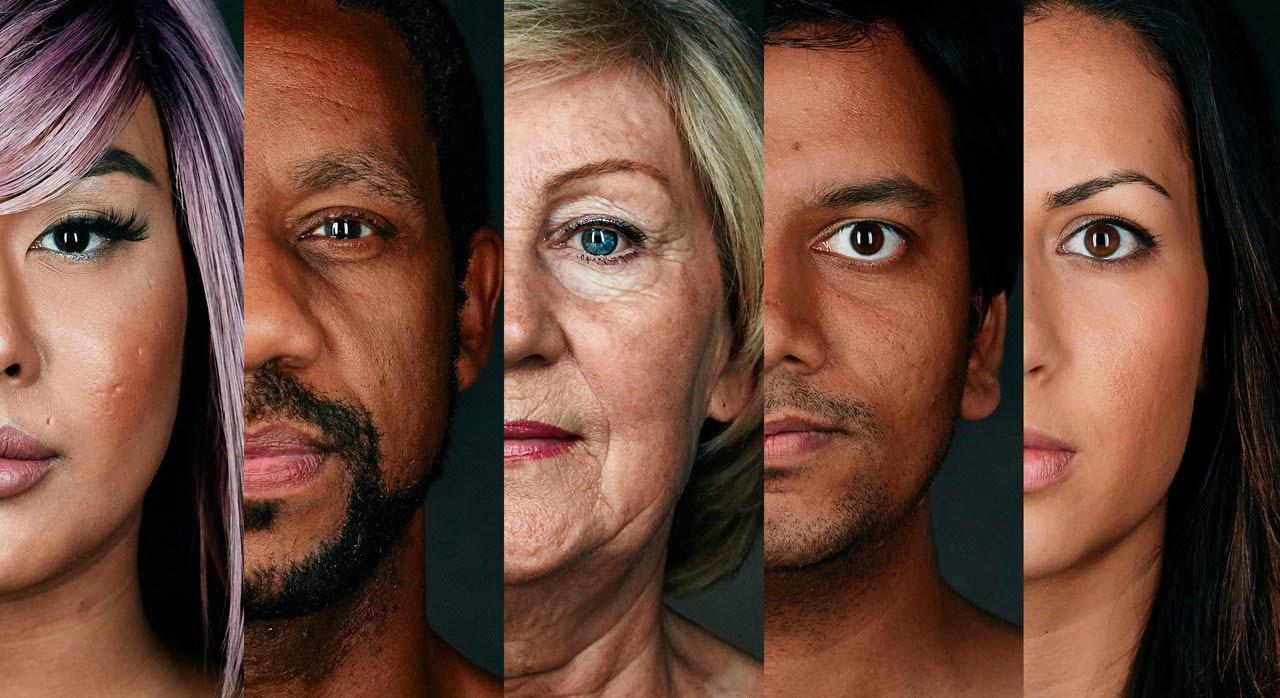
foreign species, or better yet, an alien that escaped during the Area 51 Raid. If you chose the latter “What is your ethnicity?’ question, you’re a minority within itself. Once I share my ethnicity, some might respond with surprise, confusion or piqued interest.
7% of Americans are mixed race, yet no one knows how to respectfully address them. “Where are you from?” is certainly not advised nor welcomed, neither is the “you look exotic” comment. I don’t know anyone who would like to be described by the same word used to describe animals or fruits. While we appreciate your interest, it is offensive to be reduced to our outward shell, the features we so happened to inherit from our parents.
Those who are surprised might respond with “You don’t look that Asian” or “You look more European.” Both are expected and opinion-based, yet they reveal a certain amount of prejudice in our society. Whether we are taken down for not being or looking “enough”–in my case, not Asian enough– or praised for our Eurocentric features, there are countless microaggressions surrounding mixed people.
As a mixed person myself, I take pride in my mixed– specifically, Filipino and European heritage. Heritage should certainly be celebrated, but not to the point where a specific ethnic combination is deemed “more beautiful” or “more ideal” than another.
Ah, the daily dose of rankism. Rankism, which is an assertion of superiority, must stop when it comes to the treatment of mixed people. Mixed people should not be idolized for their “stunning” or “exotic” appearance. Mixed babies as well should not be glorified or viewed as something that couples should strive to create. Even comments like “Mixed race babies are sooo cute!” is an incredibly ignorant statement and shows how early fetishization begins.
If the person is part white, the fetishization is indirectly glorifying the western physical characteristics of the person, for instance, their lighter skin, smaller nose or bigger eyes. It is glorifying centuries of colonialism and putting down single race people. One can say “I’m not racist”, but this excuse only goes so far.
Rankism is especially harmful when minorities, such as Asians or Blacks come into the picture. By claiming that a mixed Asian person, for instance, is more beautiful than a full race Asian person, Eurocentric beauty standards and Colorism are being promoted. This rankist belief made popular through the media can have detrimental effects on minority children. Single race children shouldn’t feel that they have to compete with mixed race children for the approval of others and should not feel ashamed of their physical features.
It’s horrendous to think that society thinks that they are doing mixed people a favor by praising them for their features and placing them above single race people in terms of beauty. After all, there’s nothing more beneficial and psychologically helpful to mixed
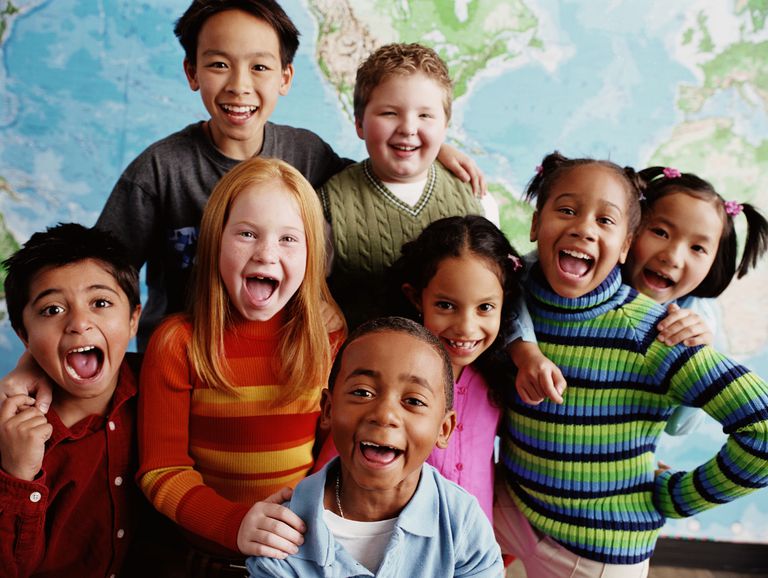
people than social media accounts and websites dedicated to the fetishization of mixed people! That’s exactly what an insecure, mixed child or teenager needs to be confident in themselves!
“Mixed race people are beautiful!” Well, beauty is subjective, and while I’m flattered that you think so, they should not be the universal beauty standard and shouldn’t be seen as a solution to racism either. Mixed race relationships are beautiful, but fetishization of their children is not.
There must be a way for mixed people to be empowered without putting down single race people. If plus sized people, African Americans, and women can be empowered through various campaigns and movements, how difficult can it be to start movements to empower mixed people, in a wholesome and non-rankist way?








